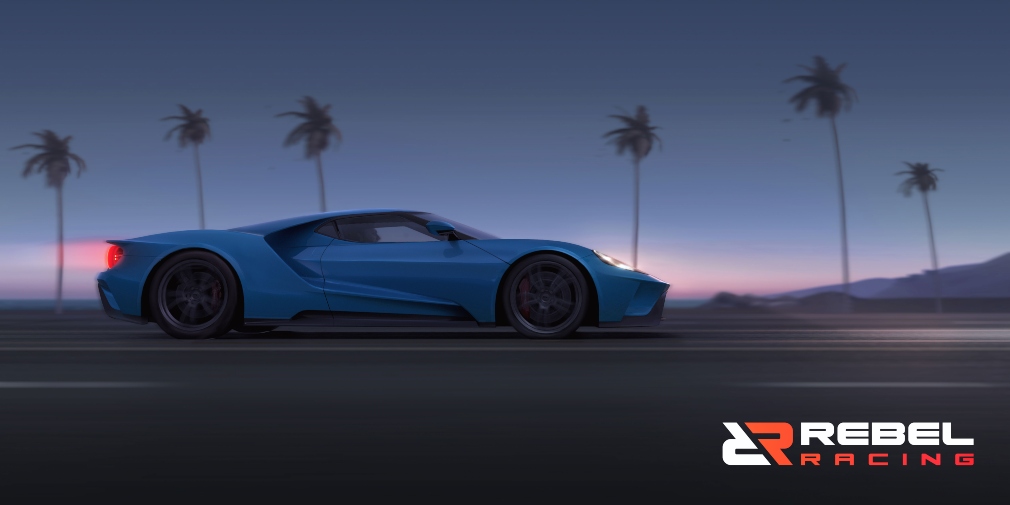Hutch are an incredibly recognisable brand for avid mobile gamers, particularly if they have a penchant for cars. This month, they are celebrating their 10th anniversary, which is an incredibly long time, particularly in an industry that moves as quickly as mobile gaming.
So, to mark the occasion, we sat down with Shaun Rutland – CEO and co-founder of the company – to discuss all things, Hutch. We talked about everything from their history to future plans to how adopting a hybrid working from home model early on gave them an advantage during the pandemic. On top of that, we touch on the mobile games industry more generally – how it began and where it might go. Enjoy!
Introduction
My name is Shaun Rutland. I’m the CEO of Hutch. I co-founded it with four of my friends that worked with me at PlayStation about 10 years ago, obviously. I’ve always been an avid gamer, came to the UK in ’99. I actually worked for Royal Mail as a postman but was desperate to get into games.
I got into the internet business, into e-commerce, and then worked at Lionhead Studios as a producer on Fable and then at PlayStation on various projects. I don’t want to sound like a victim, but I worked on like three different projects, and they all got cancelled. That really harrowing experience turned into a positive one, in terms of me thinking about how games should be made and working in big organisations.
It also gave me the inspiration to start Hutch because we wanted to make games a bit differently, and mobile games were emerging. I think the iPhone 4 had just come out, and that’s where 3D capabilities came in, so it felt like a really exciting time. So we founded the business with no money and had an absolute mission to finish a game in seven or eight months. But we did that, and that first game went pretty good, and we expanded the business from there.
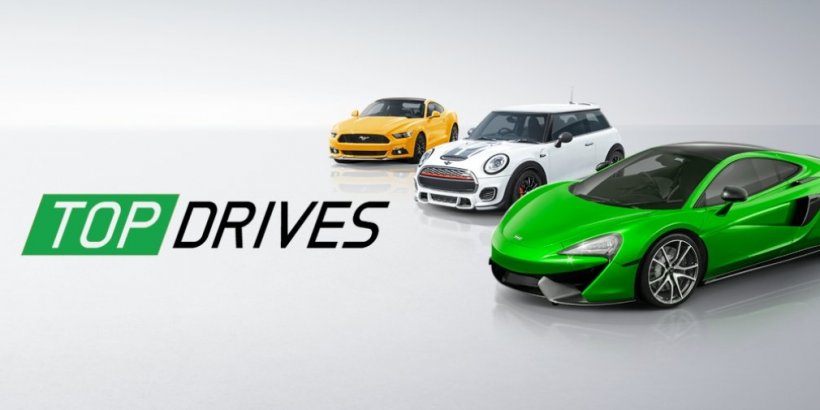
How do you think Hutch has managed to keep up with the mobile industry over the last 10 years?
Keeping up with it is an interesting phrase because it feels like you get to a certain hill and you think: ‘Finally, I’ve climbed this thing’, and then you realise there’s more things to learn. But the most interesting thing is creativity, and the science of it is still half and half. There was a big push early on to be more science and data-led, but there’s also an aspect of creativity and ambition that is still necessary.
I think obviously technology in terms of marketing. When you first make a games company, you’re literally thinking about making the game, not marketing it. But the marketing side of our business is significant. It’s a very large piece of whether you’re successful or not. So that’s been interesting.
In the early days of Hutch, it was all about us and the team figuring things out. One of the things we figured out is that we want to work from home two days a week. So, we’ve always had this hybrid working model, working from home on Tuesdays and Thursdays. So it was super interesting when the pandemic hit as we were able to switch to fully remote very easily.
That’s not to say we’ve not had challenges with full remote working. We miss working together. But, as the business got bigger from five to 10 to 50 to 100 people, that hybrid model continued to work. We were a little bit shy, talking about the hybrid model to investors, we thought they’d think we were stupid and crazy, but now we’re quite proud and evolving as the world’s changed.
Do you think it gave you an advantage over other companies that you were already partly doing this?
Yeah, I actually think the advantage is a lot deeper than people realise because I remember someone coming to the office – I think it was a Tuesday – and there were like five people there, and they were like: ‘What’s this?’ and I told them that we worked from home on Tuesdays and Thursdays or people can come into the office if they want.
And they asked: ‘How can you trust them from home?’ and I said: ‘If you can’t trust them from home, how can you trust them in the office?’. And he gave me this really bizarre kind of giggle like: ‘that’s a really good point’.
The hybrid model is about lifestyle and treating people like humans and ultimately about trust. That’s the biggest engine of this business. We trust people to make choices and decisions, to move quickly, connect with the audience and figure out what they want. I think that really early decision created a culture to never clock watch or what people were doing and just look at the output of work.
If the output of work is amazing, then the rest doesn’t matter. If someone has to take an hour and a half lunch break, do you want your manager clock watching or do you want them doing something else and helping other people? So I’m really proud of that in terms of the work/life balance. But also, the trust feeling we give people.
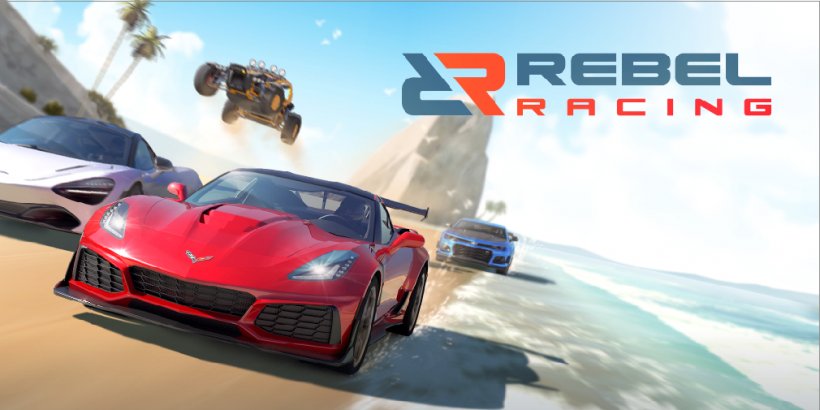
Yeah, I think the assumption is that you need people there to keep an eye on them. But if you’ve hired them because they care about what they do, they’re going to do it regardless.
Exactly. We call it freedom of responsibility, and there are times where people have had challenges with it, and we can see it. But, what’s interesting about that conversation is sometimes it’s not about them being passionate about their work. Sometimes it’s about something bad going on in their life, and we want to be there to support them as they get through something to create a workforce that cares about each other, the products and players.
From your perspective, how do you feel the mobile games industry has changed over the last 10 years? And how do you see it changing?
Mobile gaming started with a paid model and then adopted the freemium model quite rapidly and I think a lot of people – like us – relied on featuring a lot and our relationship with Apple and Google. That was like, seven years ago, and then as we got more reliant on our performance marketing, that freedom to be in control of going after our audience, finding them and getting them into your game was a huge change.
So, I think the quality levels – in terms of freemium experiences – is going up. There seems to be less product being launched. Now I don’t have any data for that. But it feels like the industry is maturing, and it’s taking smarter bets, and that’s really interesting because, at one point, the amount of content coming out was just unbelievable.
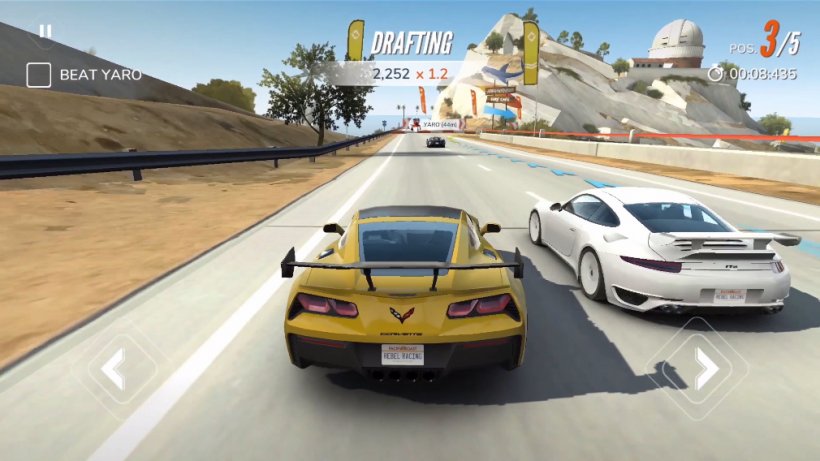
It still is a busy marketplace, but I think we are seeing less shots at goal from really big publishers because they’re trying to make sure they have a team working on something that’s for the right reasons. The ambitions of the industry are just, through the roof. Making a 100 million dollar game blew my mind, but now a billion-dollar game is possible.
I think the rest of the traditional game market is turning into a games as a service industry. I think mobile developers and publishers have a lot more to add – in terms of value, process and live ops tools – than maybe the other side of the industry does. I think – as ubiquitous platforms merge – it’s going to be interesting for really big game publishers who are good at serving games and communities. I think that’s the next big shift that’s happening.
The NFT space is super interesting. What does that do for freemium and building value for players? And that’s the great thing about games. No one really knows how to launch a successful game, no matter how good they are. The industry is constantly changing. Apple’s changed the way marketing works, and it just keeps you on your toes and keeps the industry really exciting.
Why did you decide to entirely focus on cars as a theme for your games?
In the founding team, there’s probably two passionate Formula 1 people and one passionate petrol head. But it wasn’t because of them that we ended up in this space. We just found a space that everyone thought we were stupid going into, but we had a commercial instinct that there’s an audience that loves automotive type content.
The reason people told us not to go into racing was all they could think of was traditional console racing games. Now, playing traditional console games on mobile was quite difficult, and it’s even more difficult if you add a freemium experience to it. The skill element creates a difficult design challenge around how you create experiences that can be a business, but also fun. So the way we see it is that we’re chasing an audience and not a genre.
And that’s why you’ll see us come up with quite different things, and that’s what gets me excited. Instead of being genre-specific – though most people see us as racing – we’re automotive audience-specific. So what do automotive fans want? What haven’t they played? How can we change that marketplace to create experiences no one’s ever seen before.
Are you in frequent conversation with your communities about the games you make?
We’re in constant communication with them. In about 2017 – we were quite behind the rest of the industry with this – we made a conscious decision to really put those players in the centre of the business and really bring them in and get their voice heard. A lot of that came from our own egotistical approach in launches that went really badly, assuming that this is what players want, and then you actually launch it and find out that’s not what they want at all.
So we thought, why can’t we involve them really early? Why can’t we involve them in the middle of the game? And when the game is live, start evolving around what we want to do and what they see as valuable. That’s actually made the business way more pleasant in terms of building to commercial needs and according to customer’s voice.
And going back to the previous question about why we got into the space is that we discovered a space that no one really cared about with enough passion. I mean, CSR really blew our minds because it showed that an emotional experience around drag racing could be done on a mobile phone, and it didn’t require driving skills.
With Facebook, the web browser version had like 20 links on the left-hand side and the mobile version removed like 80% of the links. So they distilled down what was appropriate for a mobile experience. We started to think about games in the same way. What could be an automotive game that would work well with session lengths, was freemium and more of a thinking game than skilled? We’ve still got so much to do. We have so many ideas and different market segments within automotive that we really think we can shake up as well.
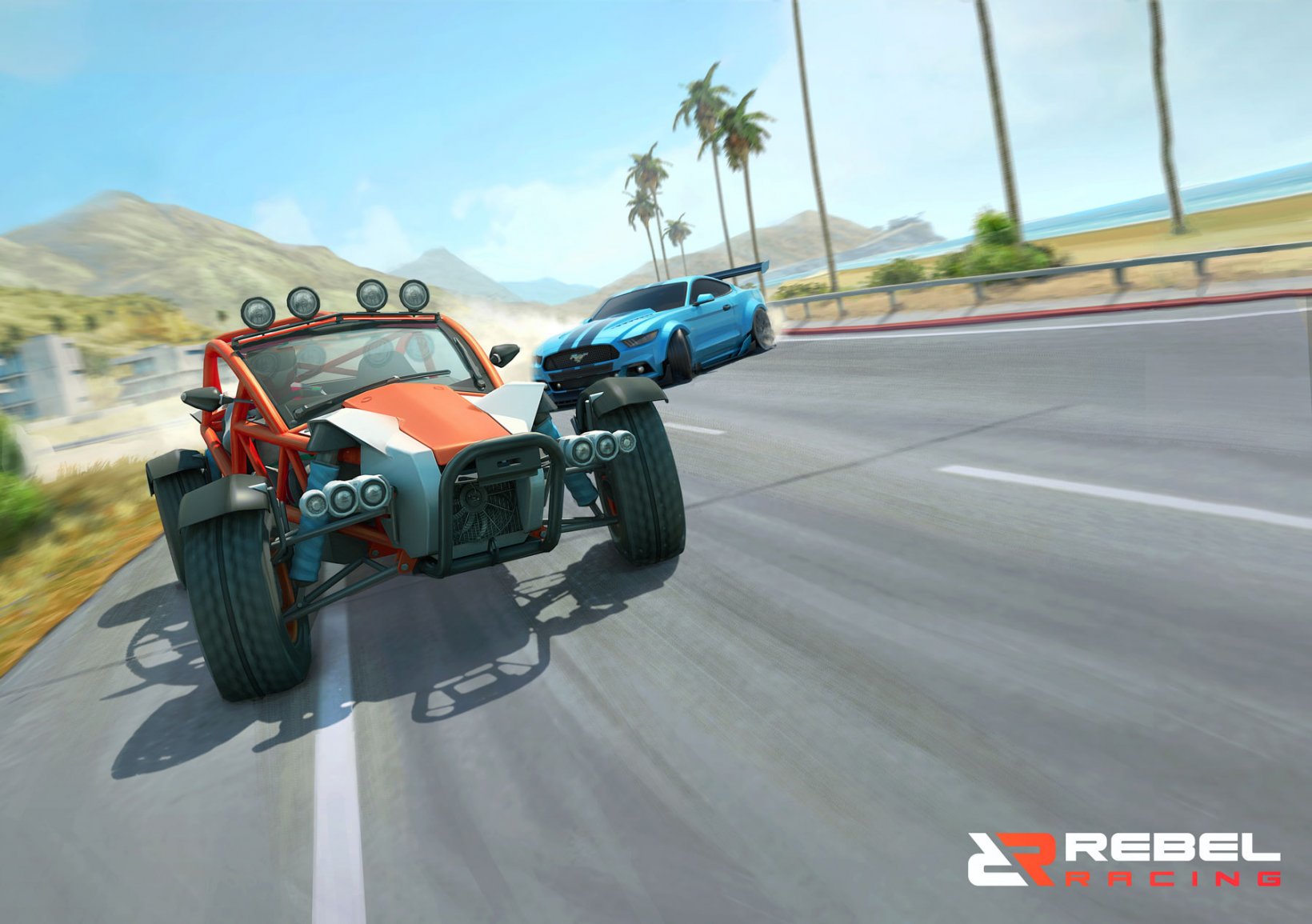
So even if you tackle new genres, it would likely still involve cars in some fashion?
Yeah, I think we’re trying some really interesting genres at the moment that involve automotive. Firstly, we’re not the number one in the world, but we’ve got three games in the top 10 of racing. In aggregate, we’re number two, so we’ve got a goal to be the biggest brand and destination for car fans, and we think we can make the marketplace bigger for it.
We know we’ve got Top Drives and F1 Clash players who have never played games on their phone or even console, so we’re really proud to be opening the space up for new players. But if we were to go to another genre, we would apply that same audience approach and think about what audiences aren’t being served.
That audience approach is interesting, and raising finance was really hard for us. ‘Ah, racing doesn’t work, it’s not big enough. Lots of downloads, but it doesn’t monetise.’ Well, Formula 1 is watched by over half a billion people. It’s like the third most-watched sport in the world. It’s crazy. Top Gear and other motoring shows have millions of views on YouTube, and you’re telling me automotive experiences on mobile can’t work?
No, the games we’ve been making for the audience don’t work. That’s where the opportunity is. So if we were to branch out into a different genre, that’s how we’d apply our thinking – how we can tap into an audience that’s being underserved?
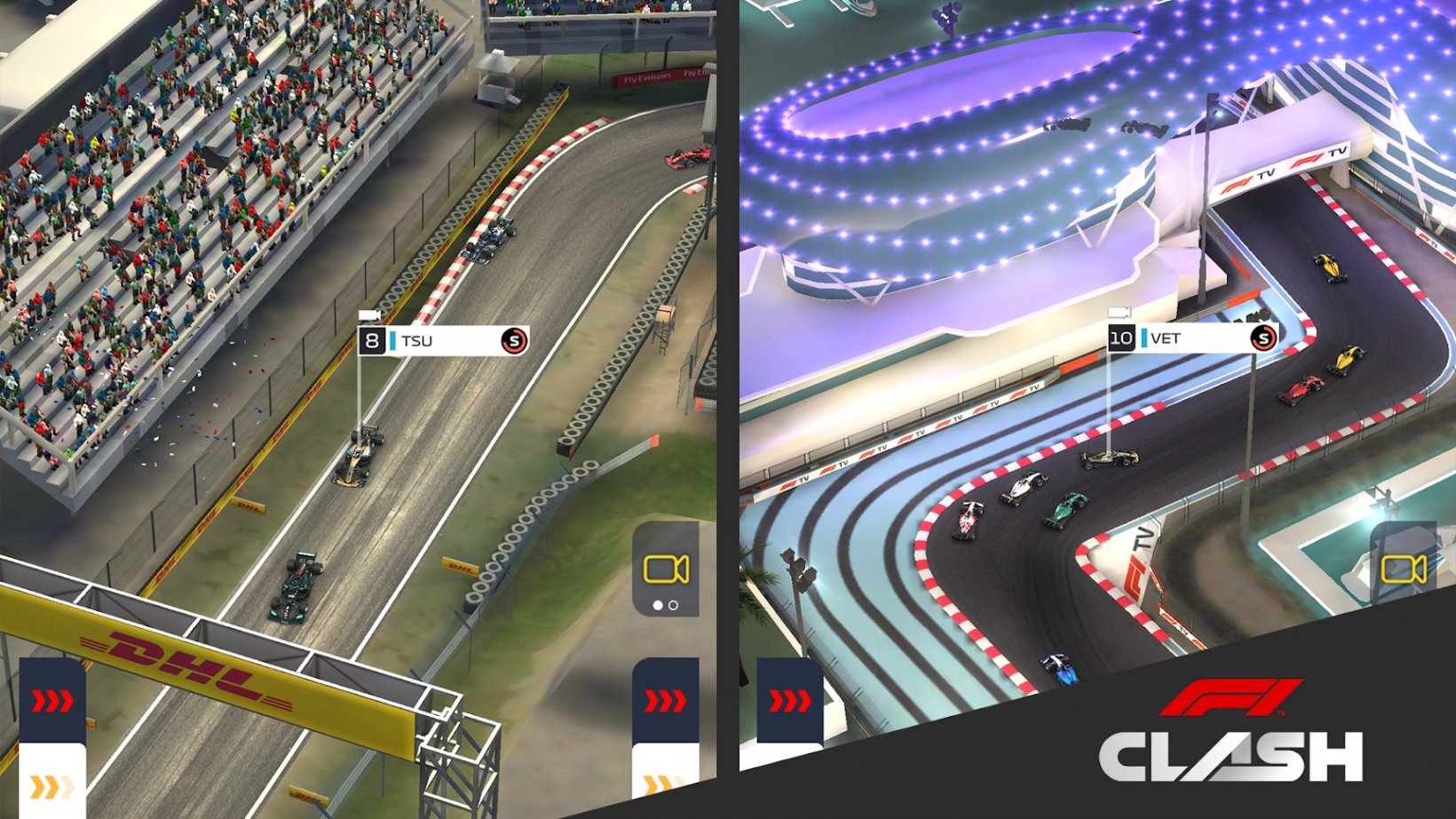
Is there anything that you’re working on at the moment you can share today?
The big thing, at the moment, we’re really focusing on is growing our games that are doing well. We’re being really careful about not just expanding team sizes but expanding them in the right way. Working with our colleagues at MTG and other sister studios about how they do product management and performance marketing. There’s been a lot of soul-searching about how we operate and organise ourselves so that our team feel positive about it all and so they can do their best work really.
Our goals are to always be testing games in the marketplace, and we validate our games within a couple of months rather than years. So we’re always tinkering and trying new ideas out, and that side of the business can be quite tough because a lot of those experiments don’t work. But it’s also really exciting seeing some of the crazy ideas they come up with in terms of trying to change the marketplace.
With the frequently used soft-launch approach in mobile gaming, when do you believe a game is “fully” released?
I think global is the easiest label to say this game is now fully available. But for us, we start validating within two or three months. Once we get players to spend, then we have an absolute commitment to them to deliver on experience, and that’s very a different testing philosophy then. We’ve got to really understand this game now, we’ve got customer service and community all set up on it, and we have a commitment to make sure those players have a good time.
So, it’s interesting watching people soft-launch in the US. It was always the opposite. Test in Australia, New Zealand or Canada and then launch in the US. But now, with the market testing, you really need to see if you can stretch your legs in some big, key territories.
Featuring used to be a big part of it pre-2017 and would help you feel like everything’s gone global. We still do that, but it’s really about the market testing, for me. But yeah, once it’s gone fully global, that’s when it’s out. But all the way through soft-launch, we’re treating each player with care and sensitivity.
Is the aim for every game you have to be incredibly successful, or are you happy for the bigger titles to prop up some of the others?
Early on, we realised that every game we launched got about 20 million downloads, so we started launching a lot of product quicker and stacking up, incrementally, the revenue. We’ve got two pretty big games for us at the moment – Formula 1 Clash and Top Drives – and we’re still trying to find out feet with Rebel Racing, and it’s about those teams learning and figuring stuff out.
But I think we’re a lot more sensitive around making sure we’ve got the right game that we’re going to stick by for decades. I believe that these games are turning into decade-long franchises. So making sure you have the right energy, people, marketing and opportunity to get behind these titles.
I think there’s a sort of hypercasual approach where you’re just moving players around and monetising for one to seven days through ads. That’s not our approach. Ours is more long-term, building big communities that can hang around for years and building really good social spaces for those players to collaborate in.
You changed the name of F1 Manager to F1 Clash. Was that to be more representative of what the game is? Or was it because “Clash” is a mobile term, not to be too cynical?
No, it’s a fair question. It’s actually an interesting question because I think we were in two minds when we launched the game. At the time, we had this model called ‘break one rule’ where we’d take a game in the marketplace and apply a racing theme to it. So, we’d seen Golf Clash and thought that was really interesting. What could we do with Formula 1 to apply the same kind of competitive thinking to it?
And Formula 1 Clash was up there as a name. I don’t mind people being cynical about it. It’s a huge risk to change a name two years into its life cycle, and that risk is quite hard to test when your game is already live. It was a pretty terrifying thing for us. It’s worked out really well, re-engaged players, and it represents what the game is more. The manager phrase is more simulation in terms of nuts and bolts meta stuff.
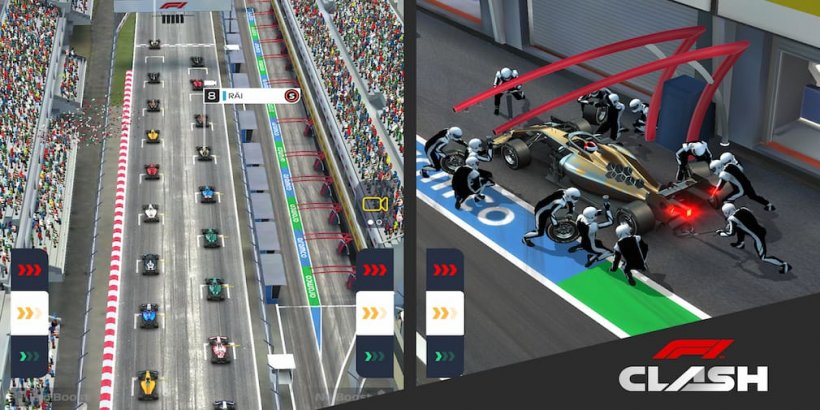
When do you decide that a game has ‘failed’ and that it’s time to move on to something else?
It’s really important that the team are ready to move on. Are the team tired? Have they got new ideas? It’s their game. It would be really bad of me to step in and say we should carry on for six more months. It doesn’t work like that. It’s how does the team feel about it? What are the energy levels for it? What opportunities do they see in it?
The team are really exposed to all the data, all the financials of it. And there are some games where it’s really obvious straight away. No one wants to work on a game where it feels like it’s not working. But, all our teams that have ever done that have always been amazing. They’ve always done incredible stuff, and the thing they tried to do, they were brave right?
They decided to make something, put their heart and soul into it and put it out there in the marketplace. So it really hurts. But, the decision to move on is ultimately a group decision. It’s not my decision, thankfully. I’m glad I don’t have to make choices like that.
Sure, and even if a game ‘fails’, there are always things you can learn from it and put it into a game that does work?
Yeah, absolutely. If people feel ashamed about it, that’s terrible. If they’re ashamed about the experience they made, even though they tried their best. We all make mistakes. I make mistakes all the time. But if you’re ashamed about it, you’re not going to learn from it. And conversely, with the people that win, they’ve got to pass it on.
Last question and a really simple one. Where does the name Hutch come from?
It was one of those things where everyone was sitting around a table talking about different names. We were going to call it Three Guys or something like that, and then the word guys wasn’t very cool. I really liked the name Hutch. I don’t know why. It just sounds nice.
Weirdly, it kind of connects with automotive, you know, with Starsky and Hutch. It just sounds nice. It’s like if McDonald’s was called Redwood it wouldn’t sound as delicious. So, there’s something in the sound of it, simple five letters, love that, and I used to work in digital agencies and I kind of like the elusiveness of it. What does mean? And you can kind of learn by playing the experience. Our logo has been seen millions of times, and I’m proud of that.
Latest Articles | Pocket Gamer
Source link
Related Post:
- Wild Rift interview: Hans Christian Duerr discusses what Riot Games hopes to achieve with the game’s first esports tournament | Articles
- HyperBrawl Tournament interview: Scott Swarbrick discusses working with Apple and the landscape of subscription services in mobile gaming | Articles
- Out of the Park Baseball Go interview: Rich Grisham discusses adapting a PC game for mobile and what players can expect in future updates | Articles
- Merge Magic interview: Eren Yanik discusses the puzzler’s ongoing success alongside the newly added social features | Articles
- Contra Returns interview: The team discusses bringing a beloved IP over to mobile devices | Articles
- Asphalt 8: Airborne+ interview: Roman Chernoliasov discusses how the free-to-play game has been tweaked for Apple Arcade | Articles
- Legend of Mana Interview – Producer Discusses the Remaster, Its Development, & The Future
- Creating The World Of Marvel’s Guardians Of The Galaxy – Exclusive Interview
- FFIV Interview Talks About Creating Cecil First, Yang’s Wife’s Frying Pan
- Blizzard Co-Founder And Former CEO Responds To Activision Blizzard Lawsuit, “I Am Extremely Sorry That I Failed You”
